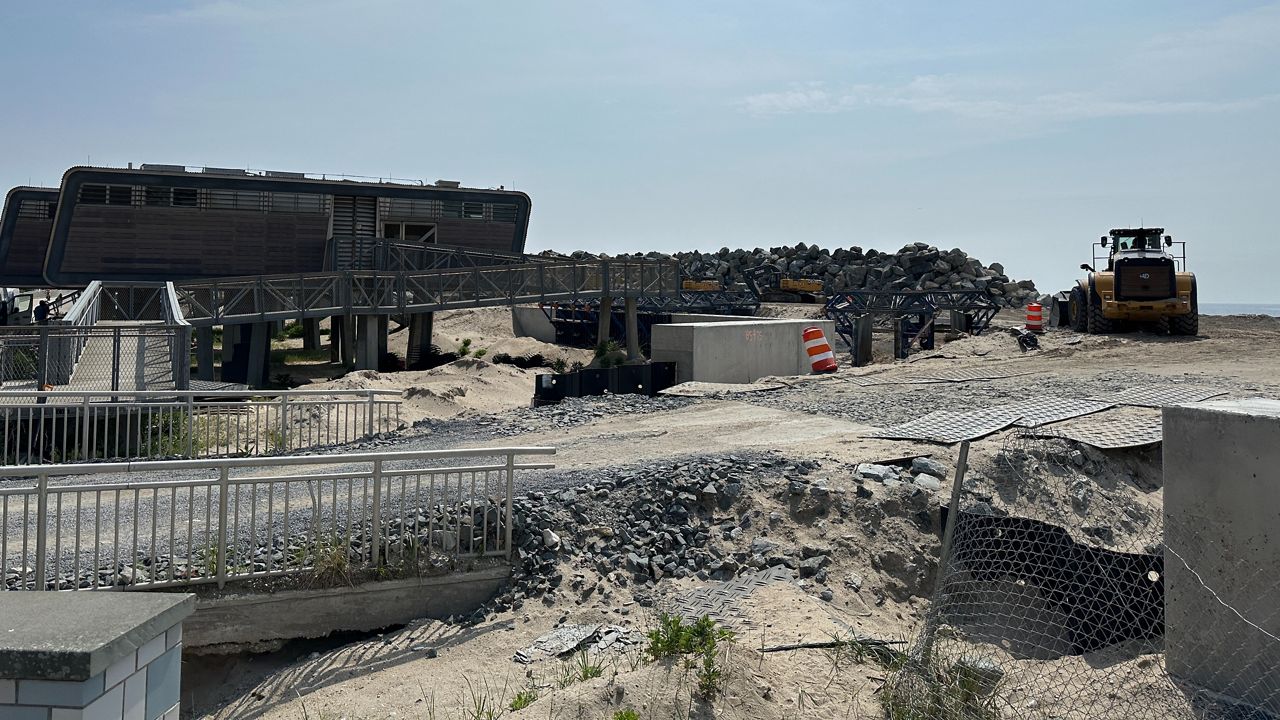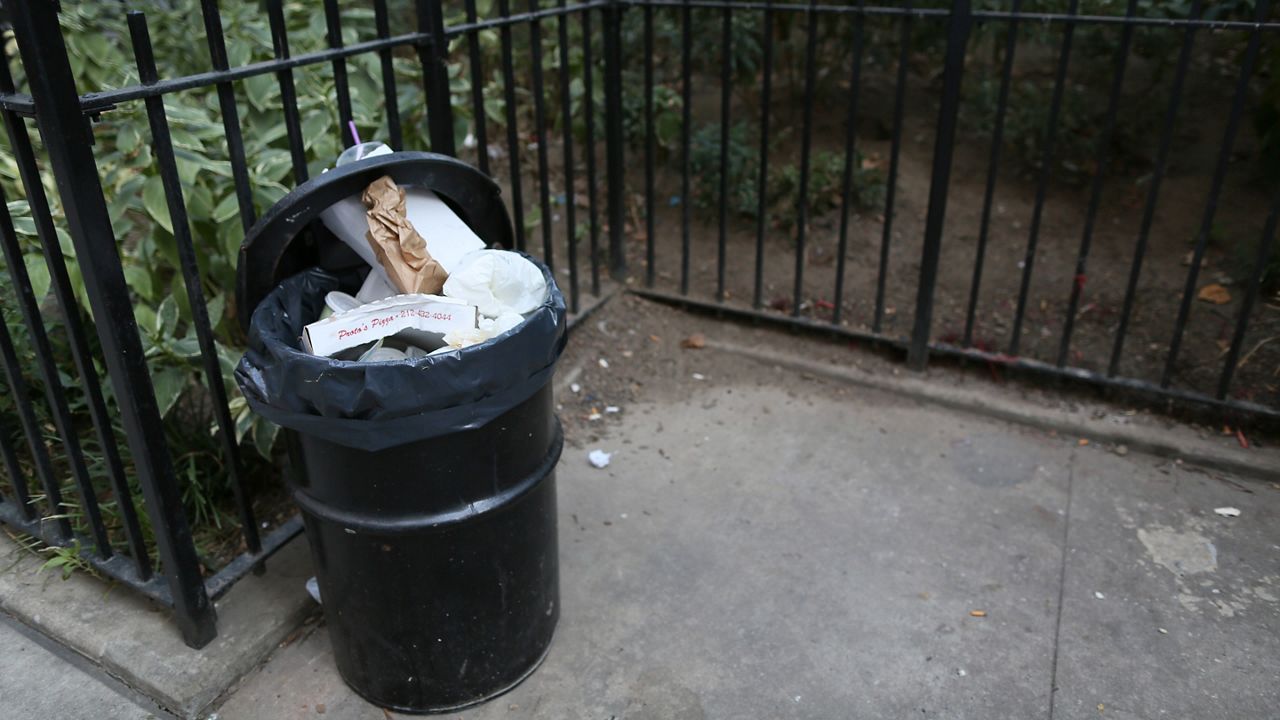City Department of Buildings officials heard from the public Tuesday about new rules they are proposing.
The feedback focused on two controversial proposed rules.
What You Need To Know
- The Department of Buildings is proposing rules for a landmark law requiring large buildings to cut emissions
- The rules offer building owners a two-year buffer from meeting emission reduction targets in 2024 if they submit a decarbonization plan
- There are stricter emissions targets in 2030, with a goal of large buildings reaching net zero emissions by 2050
- Local Law 97 became effective on Nov. 15, 2019
One gives building owners a two-year reprieve from fines for failing to meet emission reduction targets for 2024, as long as they submit a decarbonization plan.
Another excludes such building owners from buying renewable energy credits to meet emission reductions - while keeping them available for other owners.
"Already we’re seeing a substantial portion of those buildings make energy upgrades and get out of potential fines next year," said City Councilman Lincoln Restler, a Brooklyn Democrat. "What the [Eric] Adams administration decided to do was basically delay implementation for two years. Without buildings having to do much at all, they have a get out of jail free card for two years."
For the proposal that allows building owners to buy clean energy credits to meet emissions targets, critics say it allows them to avoid the dirty work of making their building clean.
"We want to see every building that falls under Local Law 97 making these building upgrades, not just purchasing renewable energy credits," said Meg Ahearn, the program director of the New York Public Interest Research Group.
The Department of Buildings' deputy commissioner of sustainability, Laura Popa, said in her opening remarks that "the proposed rule supports owners who have clearly taken action to comply with the law while fining owners who do not."
"And the proposed rules reward owners who do early electrification work on their buildings," Popa said.
The Urban Green Council, which focuses on cleaning up polluting buildings, backed the two-year reprieve from fines, given the COVID-19 supply chain disruptions and lengthy rule-making process that is underway, three months before the rules will go into effect.
"We do feel that the proposed approach is practical, it's balanced and there is enormous value in helping to get the buildings on track to their much bigger 2030 targets and on their path to net-zero 2050 targets," said Danielle Manley, the policy manager at the Urban Green Council.
Local Law 97 became effective on Nov. 15, 2019. That spurred 89% of buildings into compliance for the first set of emission reduction goals, with just 11% of buildings remaining.







_CGPKG_Qns_Kissena_Park_Flooding_Town_Hall_CG)

